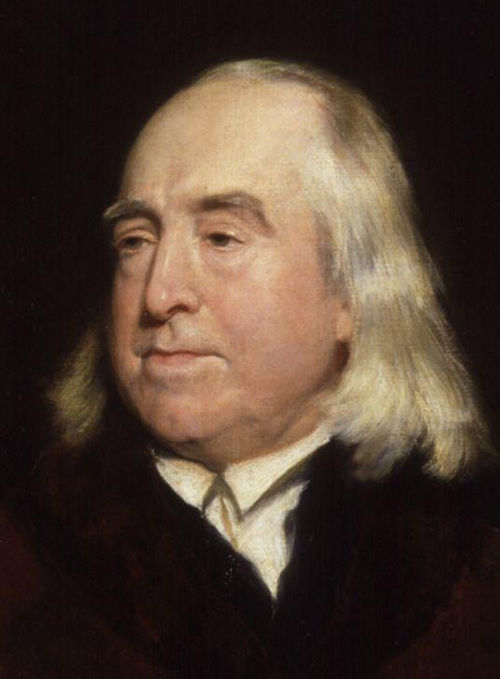Deontologynoun
(ethics) Ethics.
Deontologynoun
(ethics) The normative ethical position that judges the morality of an action based on the action's adherence to rules or obligations rather than either the inherent goodness or the consequences of those actions.
Deontologynoun
The science which relates to duty or moral obligation.
Utilitarianismnoun
(philosophy) A system of ethics based on the premise that something's value may be measured by its usefulness.
Utilitarianismnoun
(philosophy) The theory that action should be directed toward achieving the "greatest happiness for the greatest number of people" (hedonistic universalism), or one of various related theories.
Utilitarianismnoun
The doctrine that the greatest happiness of the greatest number should be the end and aim of all social and political institutions.
Utilitarianismnoun
The doctrine that virtue is founded in utility, or that virtue is defined and enforced by its tendency to promote the highest happiness of the universe.
Utilitarianismnoun
The doctrine that utility is the sole standard of morality, so that the rectitude of an action is determined by its usefulness.
Utilitarianismnoun
doctrine that the useful is the good; especially as elaborated by Jeremy Bentham and James Mill; the aim was said to be the greatest happiness for the greatest number
Utilitarianism
Utilitarianism is a family of normative ethical theories that prescribe actions that maximize happiness and well-being for all affected individuals. Although different varieties of utilitarianism admit different characterizations, the basic idea behind all of them is to in some sense maximize utility, which is often defined in terms of well-being or related concepts.


